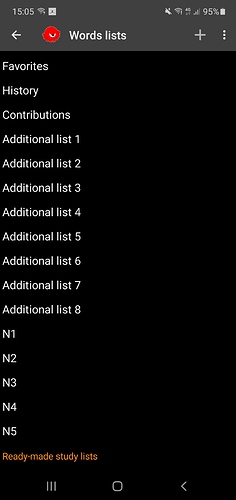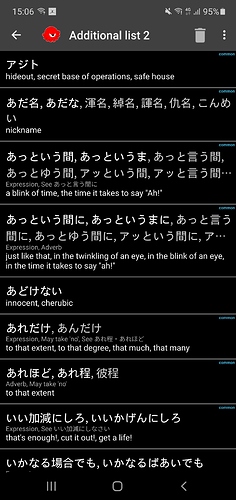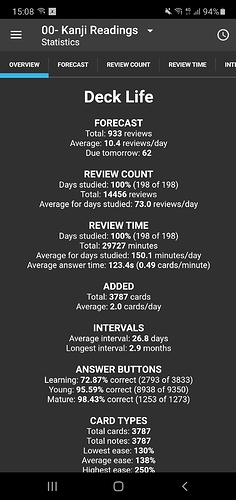I’m really curious… Is there anyone out there who started studying Japanese with non-traditional grammar guides (eg. Tae Kim, Cure Dolly) and has become comfortably conversational in Japanese, using only those guides? Or do people eventually dip into the traditional guides at some point, for whatever reason, either because there’s a missing grammar point or because there’s an inadequate explanation? Or have those guides not been out long enough?
what I mean by…
“fluent” = comfortable speaking in Japanese at a normal speed with native Japanese.
traditional grammar guides = Minna No Nihongo, Genki, Japanese for Busy People, etc
non-traditional grammar guides = Tae Kim, Cure Dolly, etc
[Edit] Can you also become comfortably literate through non-traditional guides?




 )
)

 My grammar and writing skills were way above everything else hehe
My grammar and writing skills were way above everything else hehe 